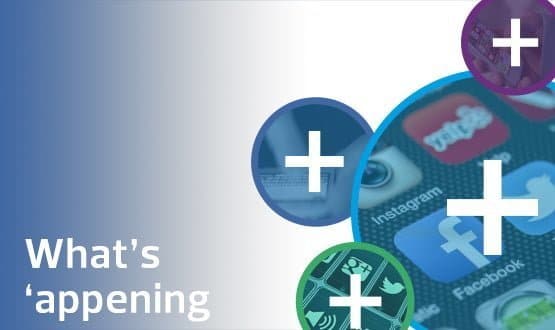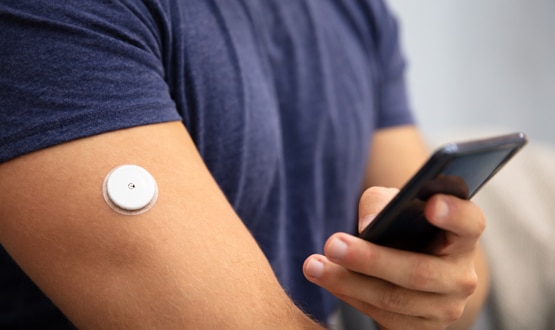Monthly app and mobile round up

Digital Health’s September app and mobile round up involves an app to help those with Tinnitus, a glucose reader that will help diabetics and an early warning device for pregnant women.
Music for those with Tinnitus
A start-up, based in the north west of England, has launched an app to help those who suffer from Tinnitus. Founded by Jane McFerran, who also has the condition, Aurio helps mask the noise caused by Tinnitus and lets the user listener to their own music.
“I found, through trial and error and many long hours searching the internet, that if I used a Masker to block out my Tinnitus, I could start to function better as it took my mind off the continuous noise”, McFerran said.
“Aurio was therefore born as a concept to help other sufferers both manage their Tinnitus and also better be able to appreciate music, which for many of us is a passion taken away from us by the condition.”
Early warning device for pregnant women
The Cradle Vital Signs Alert is a hand held device which measures a pregnant woman’s vital signs, such as blood pressure and pulse, and alerts the user if the readings suggest something is awry. It has been shortlisted for the Plus Alliance Prize, and if it wins, will receive $50,000.
The $25 piece of technology is an attempt to decrease the number of women who die from pregnancy complications – 292,000 women across the world each year. In total, 6,700 of these devices have been successfully distributed and adopted in 15 low income countries.
Ada hits over 1.7 million health assessments
The health chat bot, Ada Health, has hit over 1.7 million assessments since launching in April. The app asks users questions about their symptoms and then the user decides if they would like to speak to a NHS GP on Ada’s Doctor Chat.
On average, an assessment is completed on Ada every 7 seconds; that’s 12,000 new assessments every day.
Glucose testing devices available on NHS
Wales Online reports that a glucose monitoring device is now available for free, for patients with diabetes in the NHS.
Dai Williams, national director of Diabetes UK Cymru, described the announcement as “fantastic news”.
“Not since the transition from urine testing to finger-prick testing has there been such potential to transform the lives of people living with Type 1 and Type 2 diabetes through technology.”
The device, called Freestyle Libre, measures blood sugar levels by placing a small sensor under the skin and then patients can scan it to read their levels.



